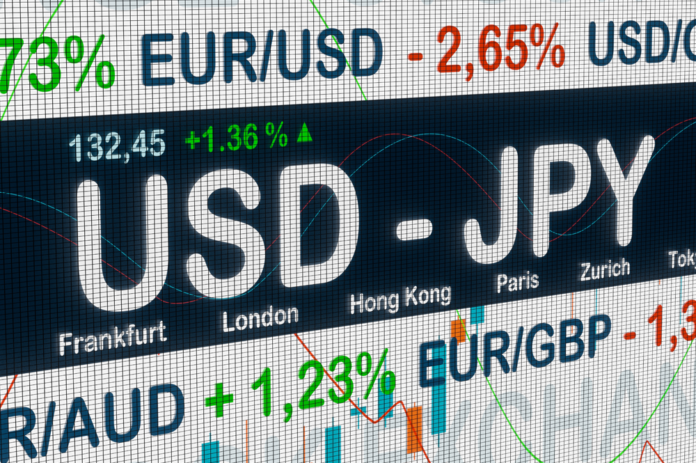The U.S. dollar retreated on Monday, giving up some of its recent gains, as the nomination of Donald Trump’s choice for U.S. Treasury Secretary appeared to provide reassurance to the bond market. Meanwhile, the euro recovered from last week’s two-year low.
The Dollar Index, which measures the greenback against six other currencies, fell 0.6% to 106.892, after reaching a two-year high on Friday.
Dollar Falls After Trump Nomination
Last Friday, President-elect Donald Trump proposed Scott Bessent, a prominent fund manager, as the next Treasury Secretary. This announcement was well-received in the fixed-income market, leading to a decline in Treasury yields.
However, Bessent has publicly expressed support for a strong dollar and tariffs, suggesting that any dollar weakness may be short-lived.
“We’re not sure if the recent bullish flattening in the U.S. Treasury curve reflects the market seeing him as a ‘safe pair of hands,’ but he certainly doesn’t sound like someone who will push President-elect Donald Trump toward a weak dollar policy,” ING analysts noted in a report.
The main economic highlight this week will be Wednesday’s personal consumption expenditures (PCE) price index, the Federal Reserve’s preferred inflation gauge. It is expected to rise 0.3% month-on-month, generating speculation about the likelihood of a Fed rate cut in December. Recent inflation data has led the Fed to adopt a more cautious approach toward further interest rate cuts.
Euro Rebounds From Two-Year Lows
In Europe, EUR/USD rose 0.6% to 1.0476, rebounding from Friday’s two-year low of 1.0332. This recovery came after European manufacturing surveys last week showed widespread weakness, while U.S. surveys exceeded expectations.
The eurozone’s economic struggles have increased the likelihood of more aggressive monetary easing by the European Central Bank (ECB).
“The view remains that there is no fiscal cavalry ahead in the eurozone, and that the only way to address the current malaise is for the ECB to cut rates faster than usual,” ING analysts added.
The ECB has already cut rates three times in 2024. Investors now assign a 50% probability of a 50 basis point cut at the next ECB meeting on December 12, up from the usual 25 basis points, due to weak growth and rising recession risks.
GBP/USD Gains After Hitting Six-Week Low
GBP/USD rose nearly 0.4%, recovering from a six-week low reached on Friday after U.K. retail sales missed expectations. The disappointing data raised market expectations of a rate cut by the Bank of England (BoE).
However, BoE Deputy Governor Clare Lombardelli said on Monday that she is more concerned about inflation risks being higher, rather than lower, than the central bank’s forecasts.
During her first speech as Deputy Governor, Lombardelli stated, “I see the probabilities of downside and upside risks to inflation as broadly balanced. But at this point, I am more concerned about the potential consequences if the upside were to materialize, as this could require a more costly monetary policy response.”
Yen Benefits From Falling U.S. Yields
USD/JPY fell 0.2% to 154.41, extending last week’s 0.4% decline. The currency pair closely follows Treasury movements and had risen sharply over the past two months as the yen weakened.
“The Japanese yen is starting to show some strength in the crosses. This has been helped by the change in the fiscal and monetary policy mix,” ING analysts observed. They also noted that Japanese fiscal stimulus is fueling expectations of a Bank of Japan (BoJ) rate hike in December, with nearly 15 basis points of a 25 basis point hike already priced in.



